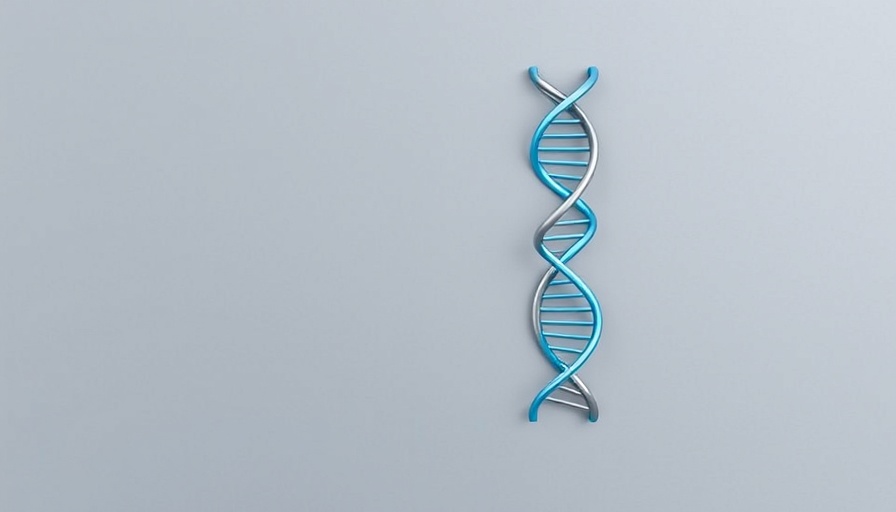
Simple Nasal Spray Offers Hope for COVID-19 Prevention
In recent studies, a nasal spray containing azelastine has shown remarkable potential in reducing the risk of COVID-19 infection by nearly two-thirds. As the global community continues to grapple with the ongoing against COVID-19, this development offers a beacon of hope, particularly for vulnerable populations, including individuals over the age of 55 in areas like Louisiana.
Understanding the Mechanism: How It Works
Azelastine, an antihistamine typically used to treat allergies, has emerged in clinical settings as a tool for combating COVID-19. By minimizing the viral load in the nasal cavity, the spray may hinder the coronavirus's ability to infect the respiratory tract. This offers not just a preventive measure but a simple method for individuals to safeguard their health, especially as the elderly remain at a heightened risk.
Historical Context: A New Weapon in the COVID-19 Toolkit
Historically, public health responses to pandemics often focus on vaccine development and treatment protocols. However, the emergence of adjunctive therapies like the azelastine nasal spray signifies a shift toward multi-faceted approaches in managing viral outbreaks. Preceding COVID-19, similar strategies have been used in combating influenza, underlining the necessity of diversified methods in public health.
Community Impacts: A Lifeline for Those Over 55
For those aged 55 and older in Louisiana, this discovery arrives at a critical moment. Many are apprehensive about resuming daily routines, fearing exposure to the virus that has disrupted lives for the past couple of years. By embracing such preventive measures, they could experience a newfound sense of security, enabling them to engage more fully with their communities—whether through social gatherings or local events.
Potential Accessibility Issues: Addressing the Gaps
While the benefits of the azelastine nasal spray are evident, challenges pertaining to its accessibility persist. Questions arise regarding insurance coverage, availability at local pharmacies, and whether this option will be integrated into public health recommendations. Crucially, efforts must be made to promote awareness and ensure that those who need it most can access this affordable safeguard against COVID-19.
Future Predictions: The Path Ahead for Public Health
Looking ahead, we can anticipate that innovations like azelastine nasal sprays will play a prominent role in our ongoing fight against COVID-19 and similar respiratory viruses. Public health officials may incorporate such preventative measures into routine healthcare recommendations for high-risk populations, which can help mitigate future outbreaks and foster a greater sense of normalcy.
Your Health Matters: Staying Informed and Prepared
As more information unveils about the azelastine nasal spray and its efficacy, engaging with healthcare providers to discuss preventative strategies becomes essential. Ask questions, stay updated, and explore how you can integrate this new solution into your health regimen. Knowledge empowers patients and can lead to proactive health management, especially for seniors navigating the complexities of living during a pandemic.
 Add Row
Add Row  Add
Add 



Write A Comment